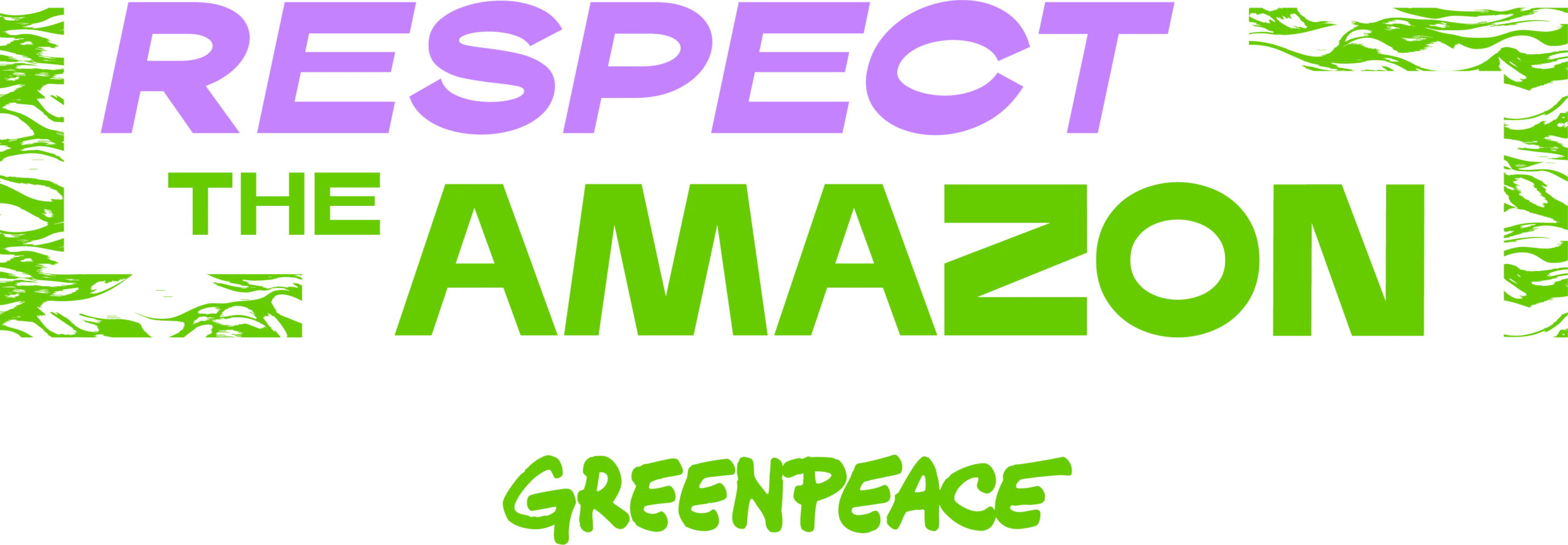Third audit of the Beef Terms of Adjustment of Conduct
The Federal Public Prosecutor’s Office (Ministério Público Federal – MPF) found that JBS had a 32% non-compliance rate in the audit carried out in the state of Pará. This was the company’s worst performance in evaluations of the implementation of the Beef Terms of Adjustment of Conduct — an agreement between JBS, other meatpackers, and the MPF aimed at curbing deforestation in the Amazon region.
